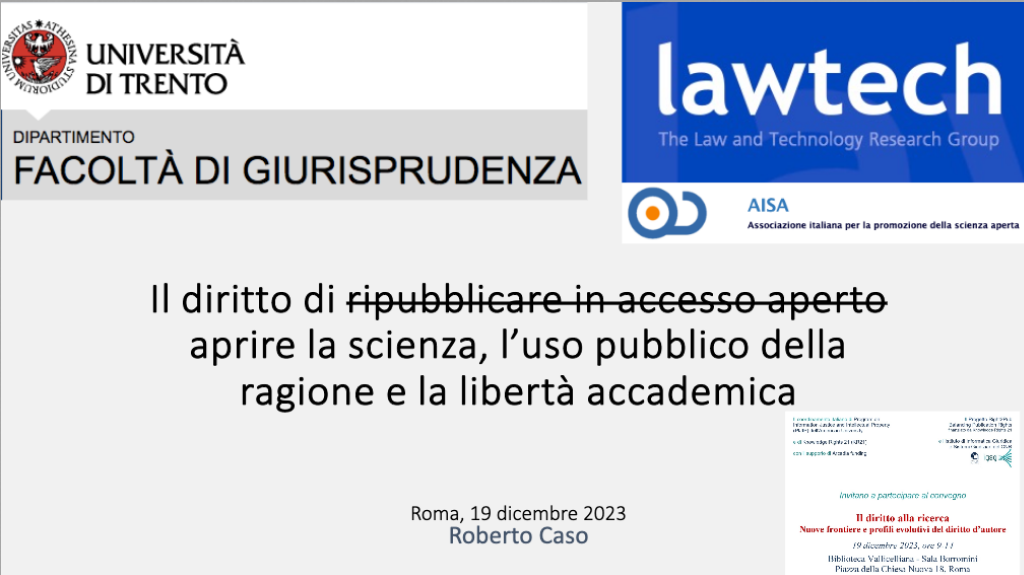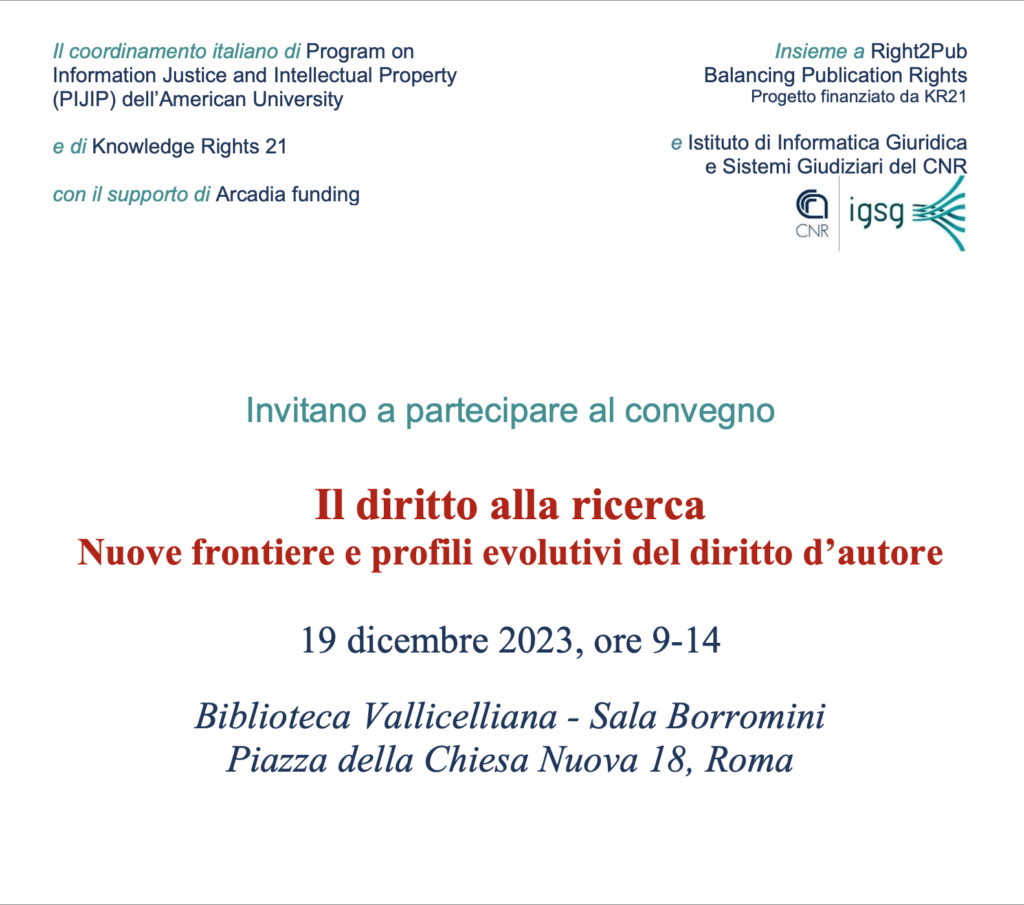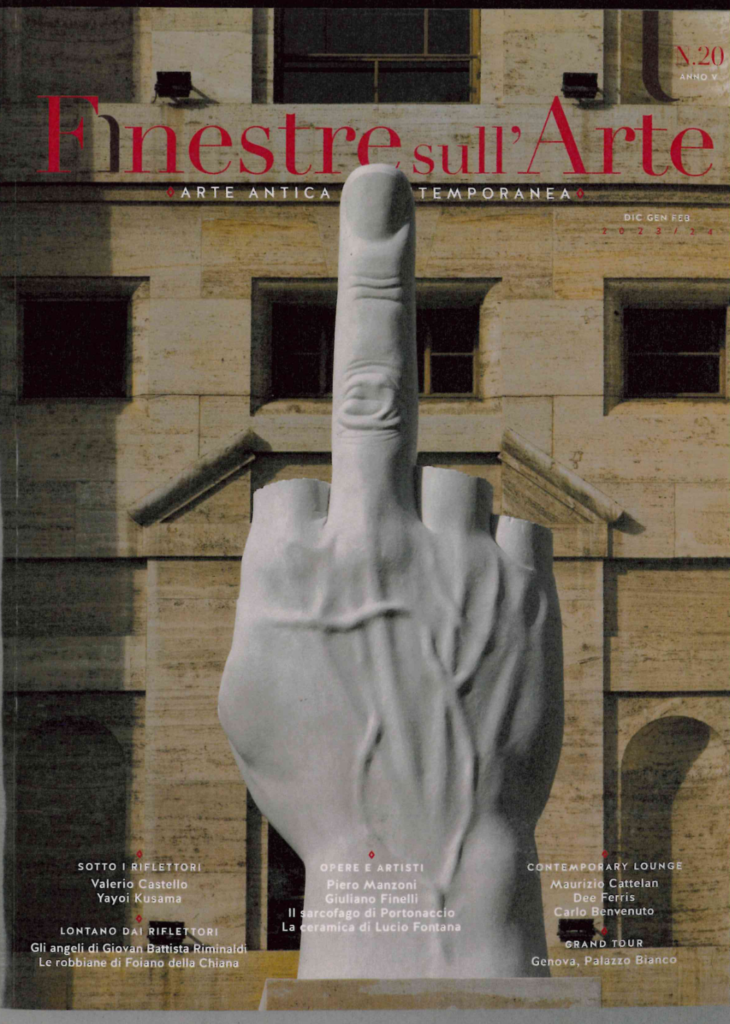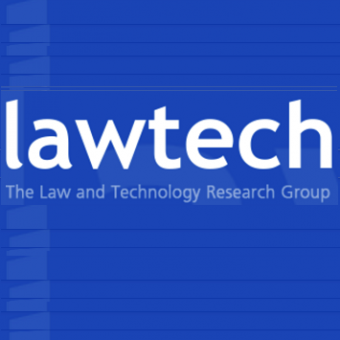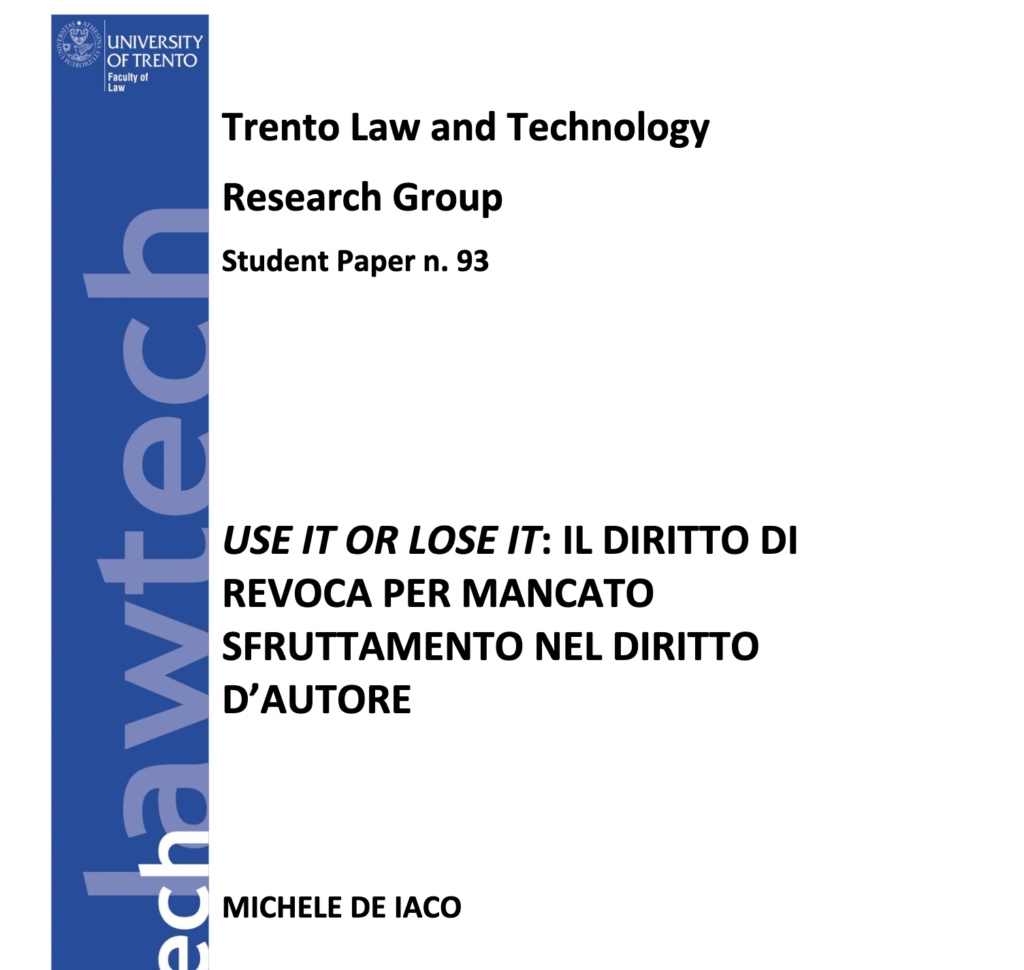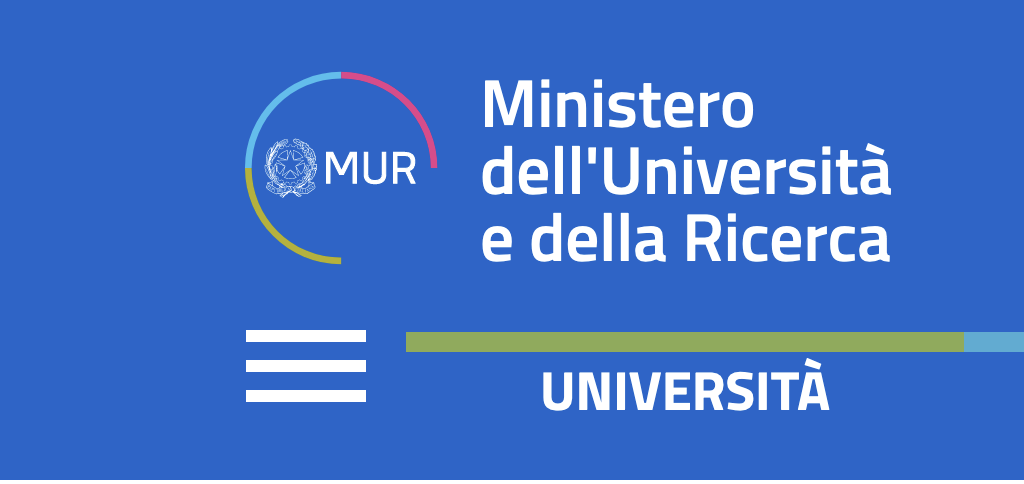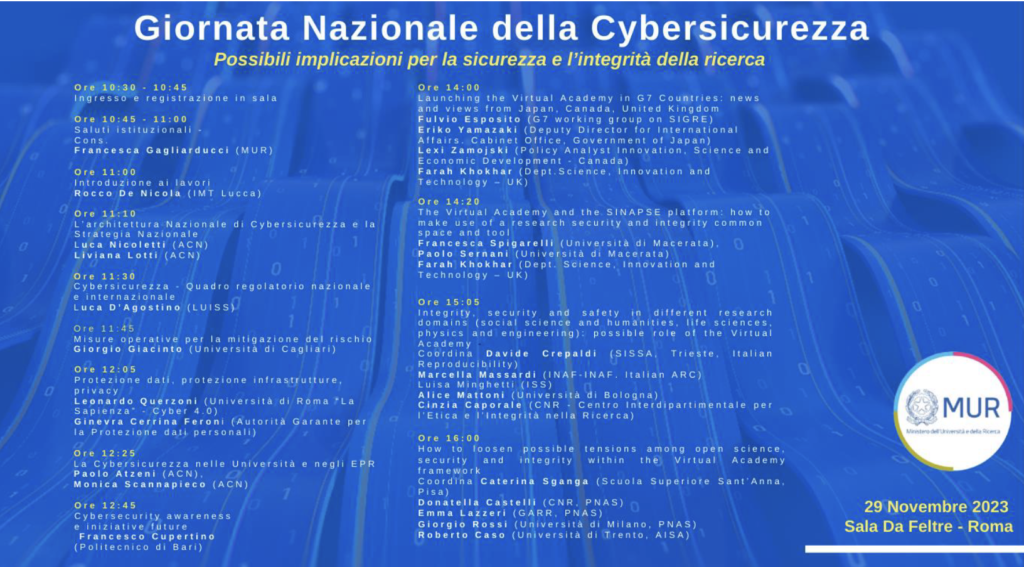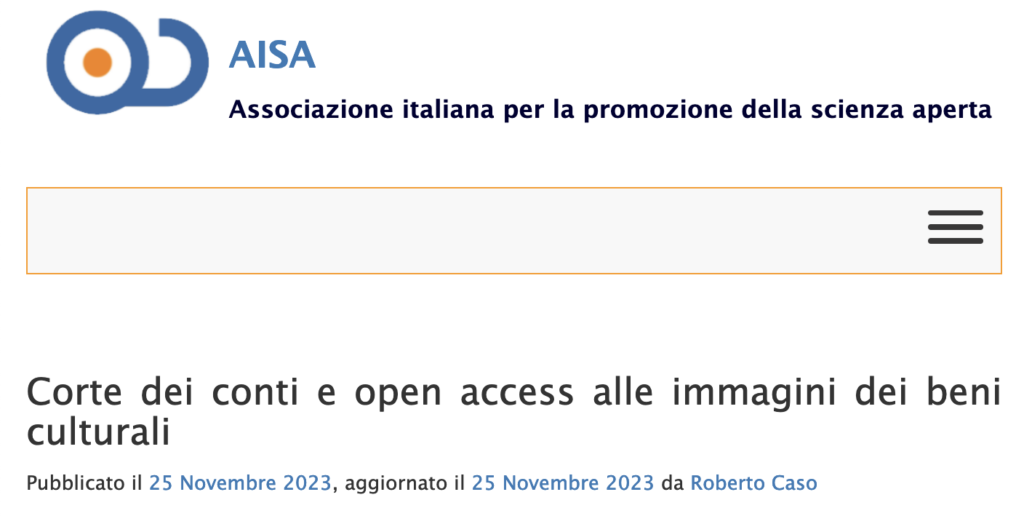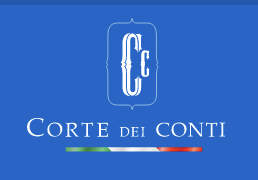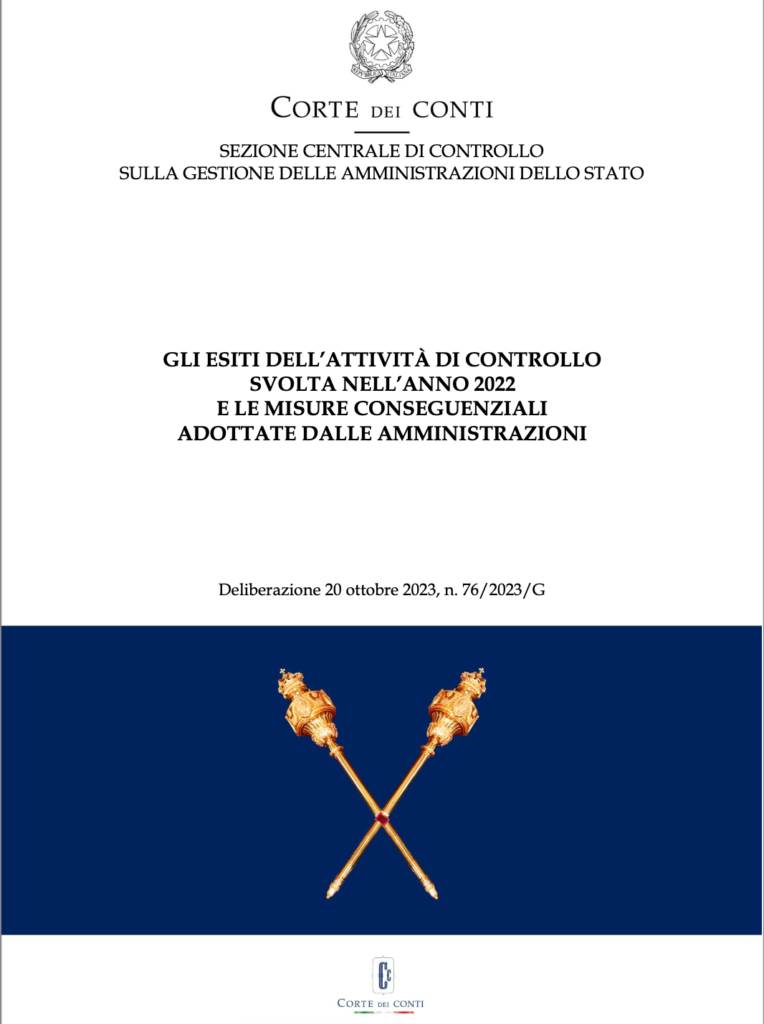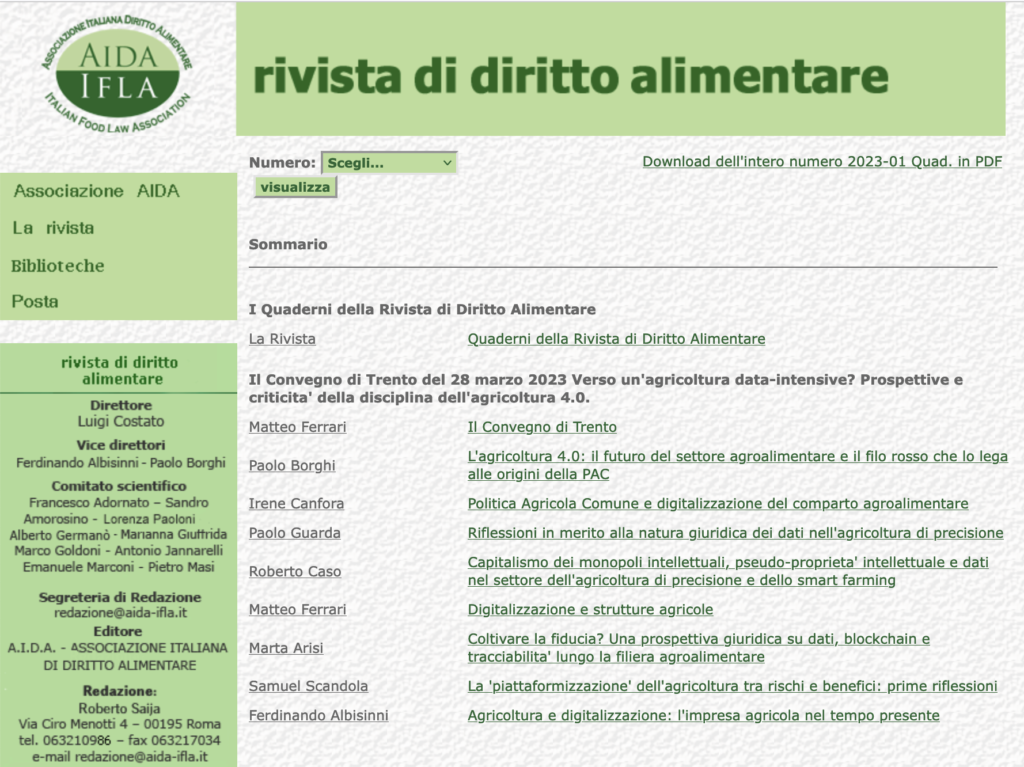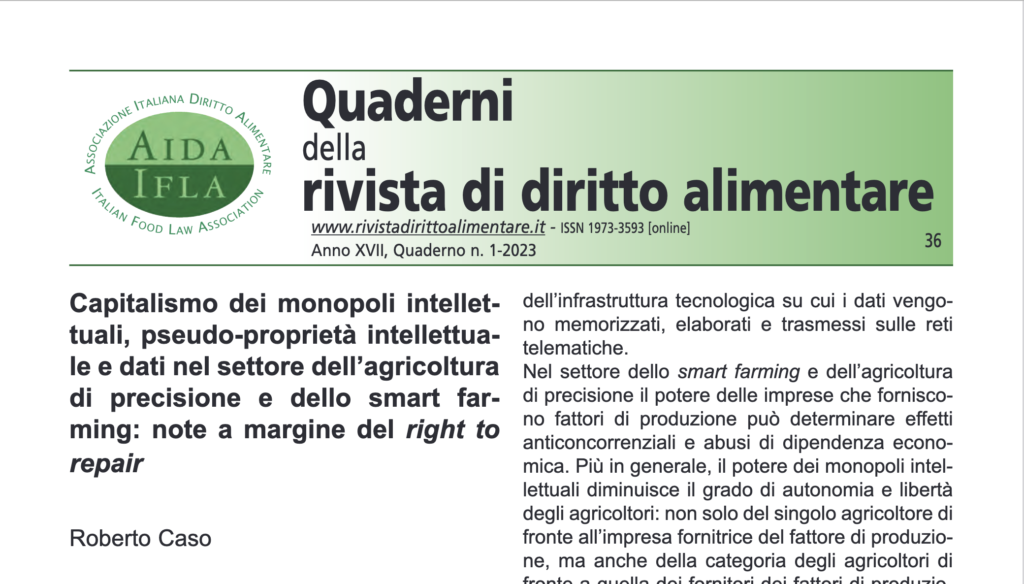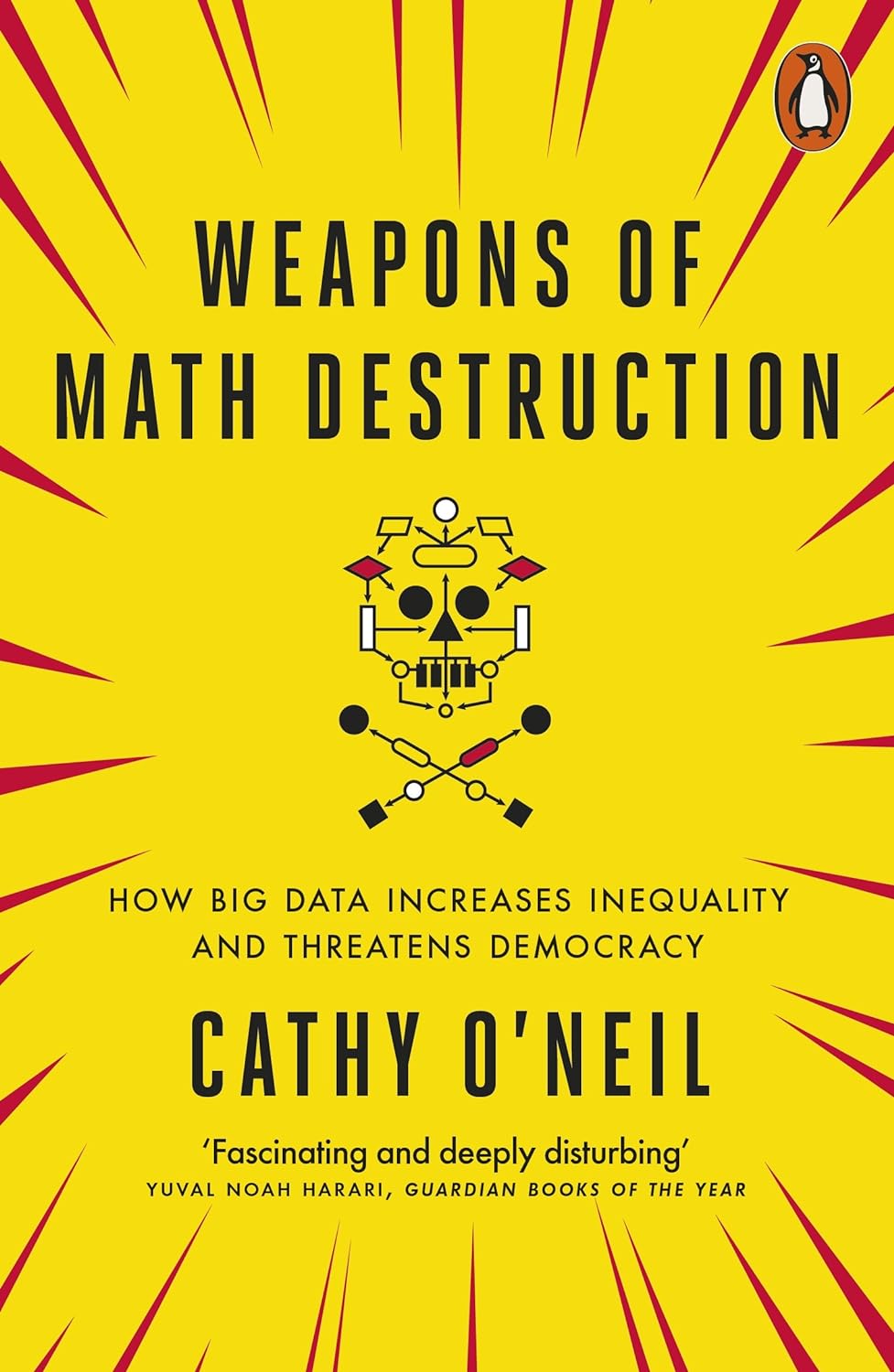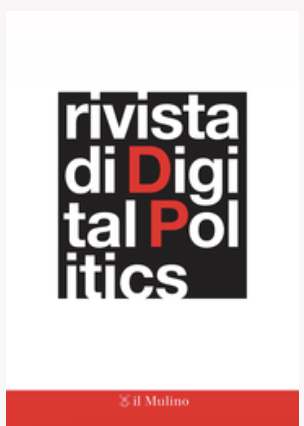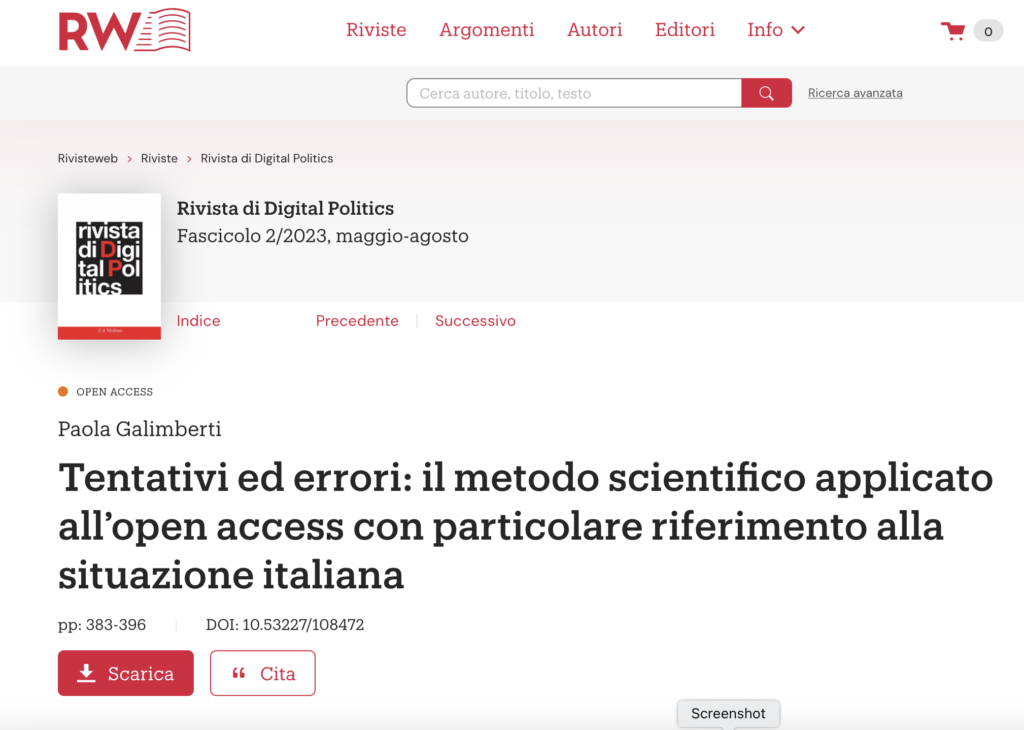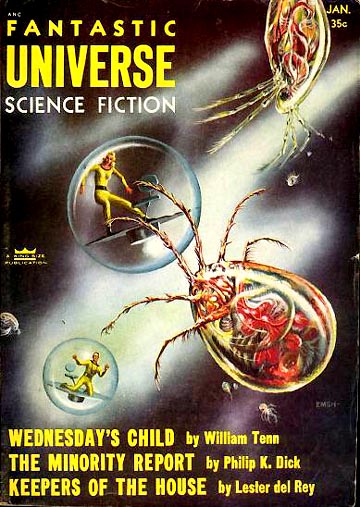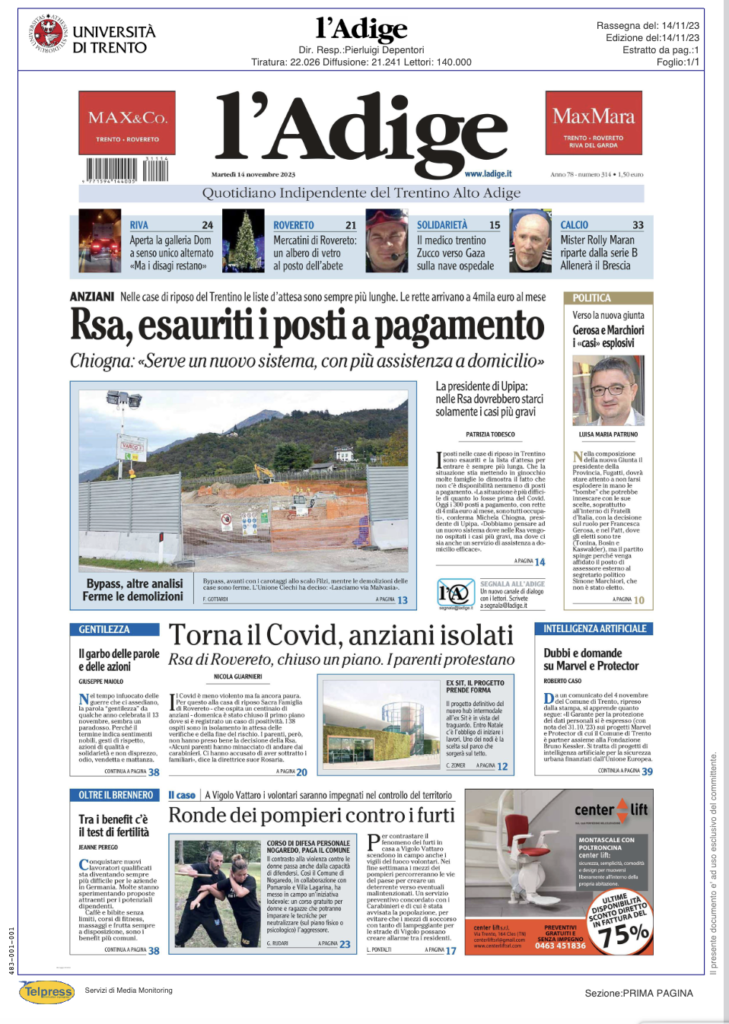Ballantyne A. (2020), How should we think about clinical data ownership? Journal of Medical Ethics; 46, 289–294
Barel A. and Boman L.; Morten C. (ed.) (2020), Clinical Trial Cost Transparency at the National Institutes of Health: Law and Policy Recommendations (August 1, 2020). Engelberg Center on Innovation Law and Policy, NYU School of Law, 2020, Available at SSRN: https://ssrn.com/abstract=3880756
Bincoletto G., Protecting Clinical Trial Data with Data Exclusivity: A Comparative Legal Analysis, (2024) 46 E.I.P.R., Issue 8, 2024, SSRN: https://ssrn.com/abstract=4959653 or http://dx.doi.org/10.2139/ssrn.4959653, Zenodo: https://doi.org/10.5281/zenodo.13768783
Buick A. (2023), Intellectual Property Rights in Pharmaceutical Test Data: Origins, Globalisation and Impact, Cham: Springer International, 2023
Carrol M.J. (2016), The importance of regulatory data protection or exclusive use and other forms of intellectual property rights in the crop protection industry, Pest Manag Sci. 2016 Sep; 72(9): 1631–1637. (wileyonlinelibrary.com) DOI 10.1002/ps.4316, https://www.ncbi.nlm.nih.gov/pmc/articles/PMC5094497/
Caso R.(2021), Pandemia e vaccini: scienza aperta o proprietà intellettuale?, Riv. crit. dir. priv., 267-286
Chakrabrti G. (2014), Need of Data Exclusivity: Impact on Access to Medicine, Journal of Intellectual Property Rights, Vol 19, September 2014, pp 325-336
Colangelo M. (2023), Regulation, Innovation and Competition in Pharmaceutical Markets. A Comparative Study, Oxford, New York, Dublin 2, Hart Publishing, 2023
Congressional Research Service (2019), Drug Pricing and Intellectual Property Law: A Legal Overview for the 116th Congress, 2019
Correa C., Hilty R. (2022), Access to Medicines and Vaccines. Implementing Flexibilities Under Intellectual Property Law, Springer, 2022
Correa C. (2002), Protection of Data Submitted for the Registration of Pharmaceuticals: Implementing the Standards of the TRIPS Agreement, South Centre
De Falco V. (2o22), Il diritto alla conoscenza delle sperimentazioni cliniche ed il rischio d’ instabilità del mercato dei farmaci, DPCE on line, 2022/2
D’Orazio F. (2024), L’accesso alle informazioni commerciali riservate detenute dalle Istituzioni ed Agenzie europee. Una riflessione a partire dal caso dei contratti di approvvigionamento dei vaccini per il Covid-19, in Diritto dell’Informazione e dell’Informatica, 816
Doshi, P. (2022), Covid-19 vaccines and treatments: we must have raw data, now, British Medical Journal, 22 January 2022
Gaessler, F., & Wagner, S. (2019), Patents, Data Exclusivity, and the Development of New Drugs. The Review of Economics and Statistics, 1-49, https://papers.ssrn.com/sol3/papers.cfm?abstract_id=3401226
Garattini S. (2022), Brevettare la salute? Una medicina senza mercato, Il Mulino
Guarda P. (2021), Il regime giuridico dei dati della ricerca scientifica, Editoriale Scientifica
Haug C. (2016), From Patient to Patient – Sharing the Data from Clinical Trials, The New England Journal of Medicine, June 23
Henriksen, T., and Henriksen, S. (2024). Data exclusivity and patent monopoly extension: A view from Australia, The Journal of World Intellectual Property, 1–25. https://doi.org/10.1111/jwip.12302
Kim D. (2023), Test Data Exclusivity: An Elusive Pursuit to Strike a Balance between Affordable Drugs and Investment Incentives, in E. Bonadio, P. Goold (eds.) The Cambridge Handbook of Investment-Driven Intellectual Property, Cambridge University Press, 2023, 54-72
Kim D. (2021), Access to Non-Summary Clinical Trial Data for Research Purposes Under EU Law, Cham: Springer International Publishing, 2021
Kimball J. and Srividhya Ragavan (2022), AI (Re)Defining Pharmaceutical Exclusivities, Biotechnol Law Rep 2022;41(1):23–29; doi: 10.1089/blr.2021.29257.sr
Kimball J., Srividhya Ragavan & Sophia Vegas, Reconsidering the Rationale for the Duration of Data Exclusivity, 51 U. Pac. L. Rev. 525 (2020), https://scholarship.law.tamu.edu/facscholar/1399
Junod, V. (2004), Drug Marketing Exclusivity under United States and European Union Law. Food and Drug Law Journal, 59(4), 479-518
Lemmens T., Telfer C. (2012), Access to Information and the Right to Health: The Human Rights Case for Clinical Trials Transparency, 38 American Journal of Law and Medicine, 63
Lemmens T., Telfer C. (2012), L’accès à l’information et le droit à la santé : La transparence des essais cliniques comme une obligation dans le contexte des droits de l’Homme (Access to Information and the Right to Health: Transparency of Clinical Trials as a Human Rights Obligation) (July 1, 2012). Louise Lalonde, ed., Le droit, vecteur de la gouvernance en santé? Défis théoriques et enjeux pratiques de l’accès aux soins de la santé (Sherbrooke: Éditions Revue de Droit de L’Université De Sherbrooke, 2012) pp. 131-167, Available at SSRN: https://ssrn.com/abstract=2261753
Levy, K., Merritt J. D. (2016), When open data is a Trojan Horse. The weaponization of transparency in science and governance, Big
Data & Society, 3(1), 1-6
Lietzan E. (2017), The Drug Innovation Paradox (April 7, 2017). Missouri Law Review, Forthcoming, University of Missouri School of Law Legal Studies Research Paper No. 2017-12, Available at SSRN: https://ssrn.com/abstract=2948604
Lietzan E. (2016), “The myths of data exclusivity” (2016), 20 Lewis & Clark Law Review 1, pp. 91-164, https://papers.ssrn.com/sol3/papers.cfm?abstract_id=2653770
Marengo, Luigi and Dosi, Giovanni and Staccioli, Jacopo and Virgillito, Maria Enrica (2023), Big Pharma and Monopoly Capitalism: A Long-Term View, Available at SSRN: https://ssrn.com/abstract=4092494 or http://dx.doi.org/10.2139/ssrn.4092494
Matthews D. and Lenarczyk, Gabriela and Zemła-Pacud, Żaneta (2024), The European Medicines Agency’s path to greater access to pharmaceutical regulatory data: balancing intellectual property rights and the right to privacy (January 29, 2024). Forthcoming in Kritika: Essays on Intellectual Property, Vol. 6 (Edward Elgar, 2024), Queen Mary Law Research Paper No. 422/2024, Available at SSRN: https://ssrn.com/abstract=4711854
Morten C. J. & Amy Kapczynski (2021), The Big Data Regulator, Rebooted: Why and How the FDA Can and Should Disclose Confidential Data on Prescription Drugs and Vaccines, 109 Cal. L. Rev. 493 (2021),
https://scholarship.law.columbia.edu/faculty_scholarship/2809
Owoeye O. (2016), Data Exclusivity and Public Health Under the TRIPS Agreement (2014). Journal of Law, Information and Science, Vol. 23(2), pp. 106-133, 2014, Available at SSRN: https://ssrn.com/abstract=2724382
Palmedo M. (2023), Evaluating the Impact of Data Exclusivity on the Price of Pharmaceutical Imports (February 2023). Journal of Globalization and Development, Available at SSRN: https://ssrn.com/abstract=4369830
Minssen T. et al. (2020), Clinical trial data transparency and GDPR compliance: Implications for data sharing and open innovation, in
Science & Public Policy, 1-11
Ragavan S. (2018), The Drug Debate: Data Exclusivity is the New Way to Delay Generics, Connecticut Law Review Online, Vol. 50, No. 2,Texas A&M University School of Law Legal Studies Research Paper No. 18-39, https://papers.ssrn.com/sol3/papers.cfm?abstract_id=3194772
Ragavan S. (2017), Data exclusivity: a tool to sustain market monopoly, Jindal Global Law Review (2017) 8(2):241–260 DOI 10.1007/s41020-017-0050-2, https://scholarship.law.tamu.edu/facscholar/847/
Reichman J.H. (2009), Rethinking The Role Of Clinical Trial Data In International Intellectual Property Law: The Case For A Public
Goods Approach, 13 Marq. Intell. Prop. L. Rev. 1, https://papers.ssrn.com/sol3/papers.cfm?abstract_id=1589585
Ross J.S. (2016), Clinical Research Data Sharing: What an Open Science World Means for Researchers Involved in Evidence Synthesis, in Systematic Revs., vol. 5, 15
Roth Vincent J. (2013), Will FDA Data Exclusivity Make Biologic Patents Passé?, 29 Santa Clara High Tech. L.J. 249 (2013), https://digitalcommons.law.scu.edu/chtlj/vol29/iss2/1
Santos Rutschman A. (2021), Vaccine Clinical Trials and Data Infrastructure, Saint Louis University School of Law, Legal Studies Research Paper Series, No. 2021-01
Schneider, Giulia, Conforming Intellectual Property and Privacy Restraints to the Right to Health and the Right to Information in Clinical Trials Data (April 30, 2015). Available at SSRN: https://ssrn.com/abstract=2600921 or http://dx.doi.org/10.2139/ssrn.2600921
Sharma A. (2007), Data exclusivity with regard to clincal data, The Indian Journal of Law and Technology, vol. 3, 2007, 82, http://www.commonlii.org/in/journals/INJlLawTech/2007/4.pdf
Sigismondo, S. (2021), Epistemic Corruption, the Pharmaceutical Industry, and the Body of Medical Science, Front. Res. Metr. Anal. 6:614013, https://pubmed.ncbi.nlm.nih.gov/33870067/
Shabani M., A. Thorogood, M. Murtagh (2021), “Data Access Governance” in The Cambridge Handbook of Health Research Regulation, Cambridge: Cambridge University Press, 2021
Shaikh O. H. (2016), Access to Medicine Versus Test Data Exclusivity: Safeguarding Flexibilities Under International Law, Springer-Verlag Berlin Heidelberg, 2016
Skillington G., E. M. Solovy (2003), “The Protection of Test and Other Data Required by Article 39.3 of the TRIPS Agreement” (2003) 24 Northwestern Journal of International Law & Business 1, pp. 1-52
Spina Ali G. (2016), The Sound of Silence: International Treaties and Data Exclusivity as a Limit to Compulsory Licensing (October 31, 2016). European Intellectual Property Review 38(12), 744-754, 2016, Available at SSRN: https://ssrn.com/abstract=2861726
Stiglitz J.E. (2008), Economic Foundations of Intellectual Property Rights, Duke Law Journal, Vol. 57:1693
‘t Hoen, E.F.M. et al. (2017), Data exclusivity exceptions and compulsory licensing to promote generic medicines in the European Union: A proposal for greater coherence in European pharmaceutical legislation, Journal of Pharmaceutical Policy and Practice, 10(1), 19
Todaro J.C. et al. (eds.), Pharmaceutical Test Data Exclusivity: A Multi-Jurisdictional Survey, Kluwer, 2022
Tzeng L. (2010), “Follow-on biologics, data exclusivity, and the FDA” (2010) 25 Berkeley Technology Law Journal 1: Annual Review, pp. 135-158
Valtere L. (2024), The Interface Between Patents and Regulatory Exclusivities and the View on the New EU Proposals Concerning Patent Compulsory Licensing and Regulatory Exclusivities, GRUR International, Volume 73, Issue 7, July 2024, Pages 617–630, https://doi.org/10.1093/grurint/ikae063 Published: 04 June 2024
World Health Organization. Regional Office for South-East Asia. (2017). Data exclusivity and other “trips-plus” measures. World Health Organization. Regional Office for South-East Asia. https://iris.who.int/handle/10665/272979. License: CC BY-NC-SA 3.0 IGO
Yu P.K. (2020), TRIPS in the Field of Test Data Protection, Texas A&M University School of Law Legal Studies Research Paper Series, https://papers.ssrn.com/sol3/papers.cfm?abstract_id=3716105#
Yu P.K. (2019), Data Exclusivities in the Age of Big Data, Biologics, and Plurilaterals, Texas A&M Law Review Volume 6 Issue 1, https://papers.ssrn.com/sol3/papers.cfm?abstract_id=3133810
Yu P.K. (2018), Data Exclusivities and the Limits to TRIPS Harmonization (December 5, 2018). Florida State University Law Review, Vol. 46, pp. 641-708, 2019, Texas A&M University School of Law Legal Studies Research Paper No. 18-68, Available at SSRN: https://ssrn.com/abstract=3296236
World Health Organisation (2017), Technical brief “Data exclusivity and other “trips-plus” measures”
Zaitchik A. (2022), Owning the Sun: A People’s History of Monopoly Medicine from Aspirin to COVID-19 Vaccines, Countepoint, 2022
Zemła-Pacud Ż., G. Lenarczyk (2023), “Clinical Trial Data Transparency in the EU: Is the New Clinical Trials Regulation a Game-Changer?” (2023) 54 International Review of Intellectual Property and Competition Law 5, pp. 732-763
Zemła-Pacud, Ż., & Lenarczyk, G. (2023). The EU Regulatory Data Protection in the Agrochemical Industry: Towards a Data Sharing Model in Favour of Sustainable Market Play and a Sustainable Environment. The Journal of World Intellectual Property, 26, 458–476. https://doi.org/10.1111/jwip.12280
Post Views: 408





